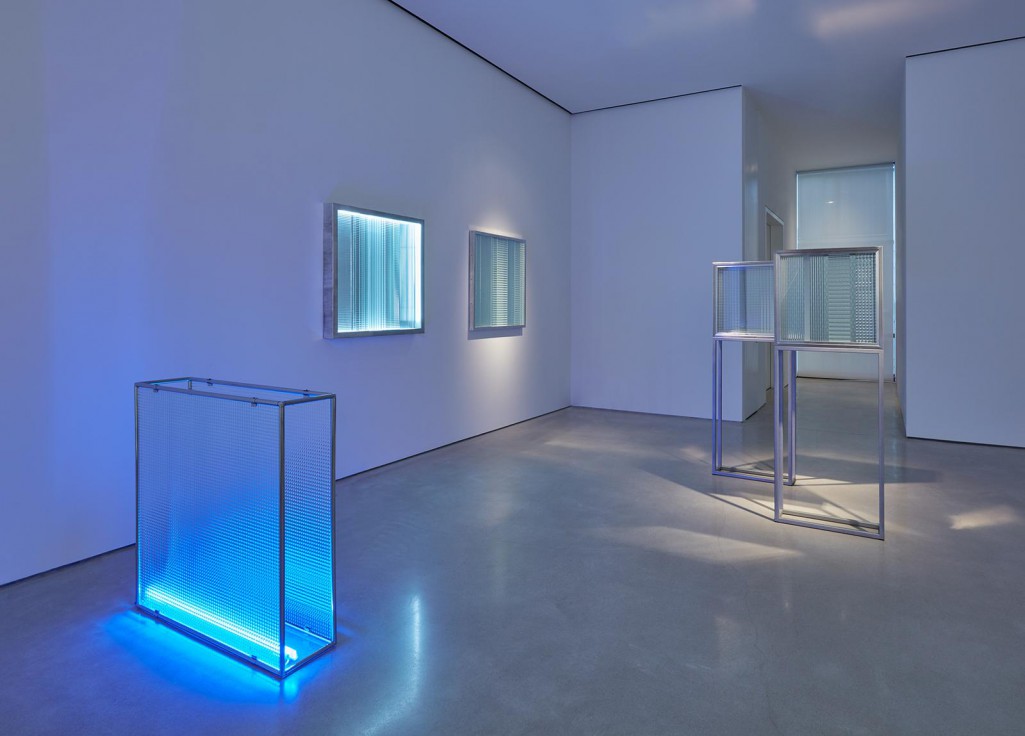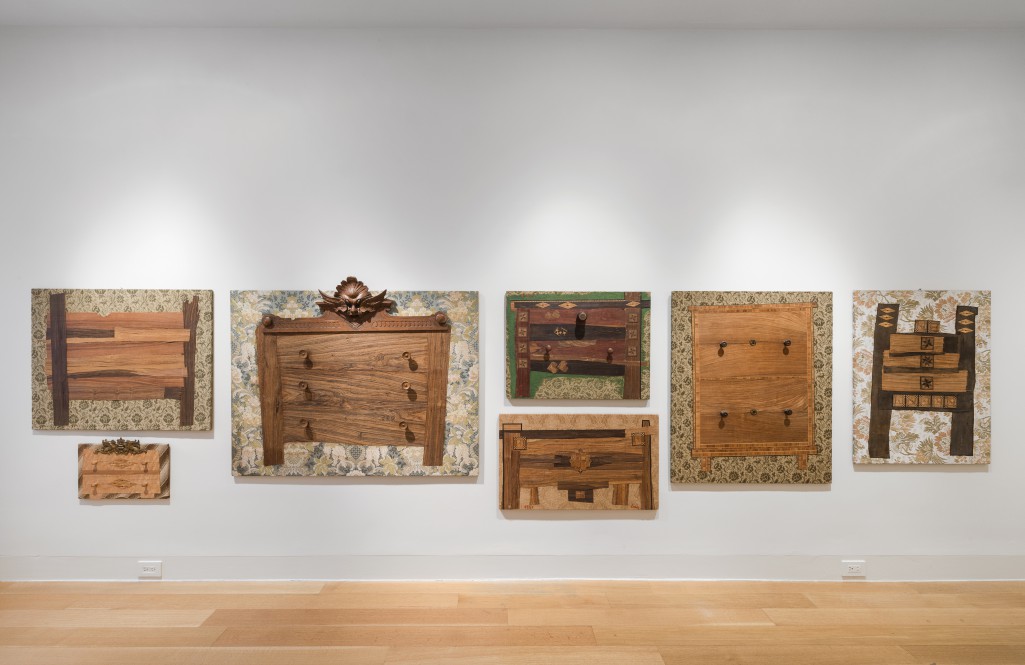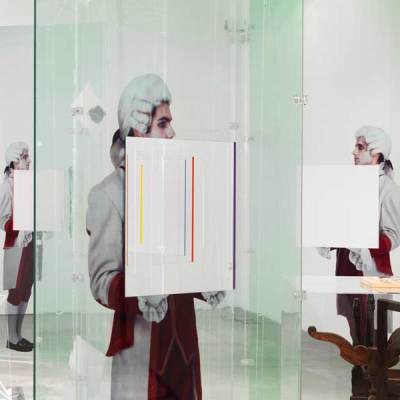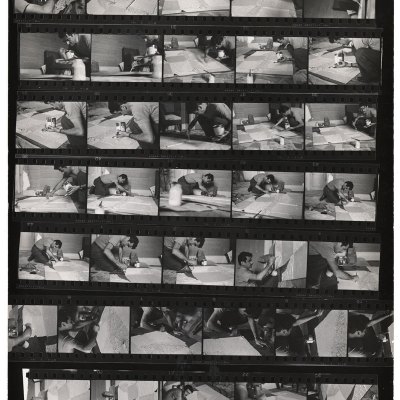Amedeo Modigliani, his Nu couché (1917-18), and its £170.4 million price tag, have been attracting attention in New York, but the city has a lot more Italian modern art to offer. Alberto Burri’s abstract burlap, plastic and celotex compositions are on show at the Guggenheim and the ever-popular still lifes of Giorgio Morandi can be found at both the Center for Italian Modern Art, and David Zwirner.
Fresh perspectives on Burri and Morandi are very welcome, but compared to some of the Italian modernists on display in the city at the moment, these two are giants of abstraction and figuration. Just take a look at the names of some of the artists shown at Sperone Westwater’s exhibition ‘Painting in Italy 1910s–1950s: Futurism, Abstraction, Concrete Art’: Corrado Cagli, Mario Radice, Luigi Veronesi…
The abstract artists working during Fascism, the Second World War and its aftermath, have received little attention and so this exhibition of around 200 works is refreshing. The story begins in familiar territory with Futurist abstraction, most notably Giacomo Balla’s experiments in depicting speed and light. Quickly though, the dense hang presents us with abstract works from the 1930s and ’40s by Alberto Magnelli, Atanasio Soldati, Carla Badiali, and others who have clearly absorbed the lessons of their European neighbours.
Installation view of Nando Vigo’s Diaframma (foreground) and various 1960s Cronotopi courtesy Sperone Westwater, New York

Upstairs a number of works by Bruno Munari demonstrate his playfulness with typography, representative of an Italian tendency to combine art and industrial design – although this is not true of many in the exhibition, who valued pure painting. International links, whether the visual reminiscence of Wyndham Lewis in Radice’s compositions, or the more obvious connections with Abstraction-Création and the Swiss Concretists, do not lessen the Italian aspect of this story of abstraction; they provide a vocabulary to articulate it. Vibrant colour is the uniting force in the exhibition. Cagli is the exception: although his works look like brown paper wrapped around forms, his works are in fact paintings.
Also at Sperone Westwater is the first American exhibition of Zero Group artist Nanda Vigo, whose Cronotopi (1963–69), are minimalist structures of glazed surfaces that play with light and form.
The story of Italian abstraction and figuration continues uptown, at Luxembourg & Dayan, with an artist of the following generation. Enrico Baj departed from abstraction in the 1950s, but his roots are revealed in the Mountains series of mottled stone over fabric skies. Baj then put the boundaries of figuration under pressure as he introduces his recognisable rectangular-headed Ultra Bodies into found figurative paintings. In the Generals and Ladies series, these figures are embellished with assemblage accoutrements, from war medals in the former, to decorated nipples in the latter. The Double Grande-Jatte (1971) – an homage-parody of Seurat – may be the largest work, but the furniture pieces steal the show. Baj attached furniture veneers, knobs and all, to wallpapered supports; the results are uncanny yet so appealing.
Painting in Italy 1910s–1950s: Futurism, Abstraction, Concrete Art and Nanda Vigo are at Sperone Westwater, New York, until 23 January 2016
Enrico Baj is at Luxembourg & Dayan, New York until 22 December




